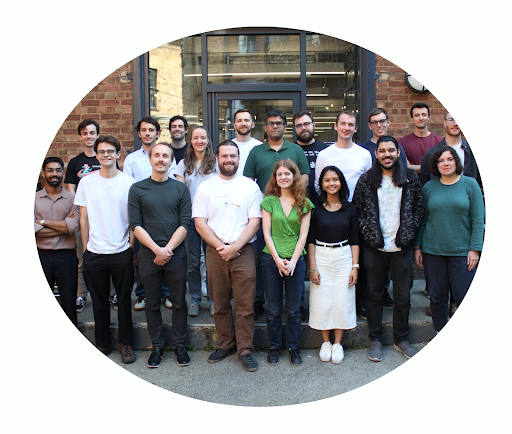The United Kingdom has made a significant advancement in its cybersecurity approach by establishing the Laboratory for AI Security Research (LASR), a dedicated center focused on tackling the intricate challenges brought by artificial intelligence (AI) in both national and international security. The creation of LASR demonstrates the increasing acknowledgment of AI as a two-sided weapon: a resource with revolutionary capabilities and a technology that opponents, such as state-sponsored entities like Russia and North Korea, are using to undermine digital and physical systems.

A Comprehensive Approach to AI Security
LASR functions on a “catalytic” funding model, initiating with £8.22 million in government investment to draw in further industry funding and promote collaboration among various sectors. Key stakeholders include the Government Communications Headquarters (GCHQ), the National Cyber Security Centre, and leading academic institutions such as the University of Oxford and Queen’s University Belfast. This integrated approach positions the UK at the forefront of global efforts to counter AI-related security risks.
The laboratory emphasizes multiple key areas, such as creating AI tools to identify and counteract harmful cyber actions, developing sophisticated cyber defense systems, and enhancing intelligence analysis. LASR is also in line with the UK’s wider legislative and strategic efforts, including the upcoming Cyber Security and Resilience Bill, which enhances safeguards for vital infrastructure, such as data centers.
A key factor behind the creation of LASR is the increasing danger of AI-powered cyber attacks from adversarial nations. According to the Chancellor of the Duchy of Lancaster: “NATO needs to continue to adapt to the world of AI, because as the tech evolves, the threat evolves.
Recent alerts indicate that opponents such as Russia may utilize AI to improve malware, execute advanced cyber-espionage, or attack essential systems like energy grids and financial networks.
Fostering International Collaboration
LASR is not solely a national initiative; it is designed to integrate into a global security framework. The lab collaborates with the Five Eyes intelligence alliance and NATO allies, promoting shared expertise and coordinated responses to cyber incidents. This international focus ensures that LASR contributes to a unified front against global AI-related threats, reinforcing the importance of collective security in the digital age..
In addition, while LASR’s main goal is to tackle security threats, it also recognizes the ethical considerations of using AI in defense. Specialists stress the importance of strict regulations to guarantee that security protocols do not violate civil rights or erode public confidence. Through balancing innovation and ethical responsibility, LASR seeks to uphold transparency and accountability in its operations.

Implications for the Future
The establishment of LASR represents an important milestone in the UK’s cybersecurity field, establishing a benchmark for tackling the challenges posed by emerging technologies. Its emphasis on AI-driven threats illustrates a progressive stance on national security, guaranteeing that the UK stays at the forefront of both defensive and offensive cyber tactics. As AI progresses, projects such as LASR will be essential in protecting infrastructure, economies, and communities from the exploitation of this transformative technology.
In conclusion, LASR embodies a proactive approach to the swiftly evolving cybersecurity landscape, integrating innovation, teamwork, and strategic insight to tackle the intricate challenges presented by AI. Its creation strengthens the UK’s standing as a worldwide leader in AI security, while fostering the development of more robust and secure digital environments.

